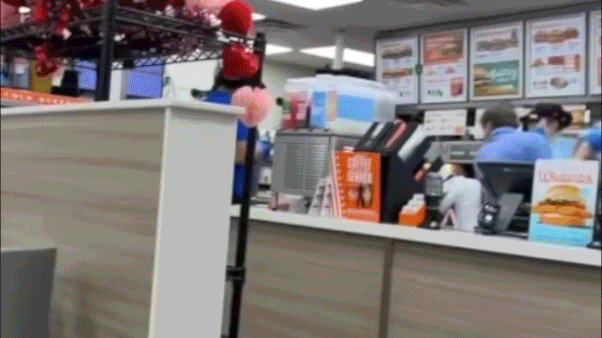BOSTON – A man who has spent more than three decades in prison for murder is asking for a new trial, claiming he has corroboration for his claim that gangster James "Whitey" Bulger framed him.
Fred Weichel says Stephen "The Rifleman" Flemmi told federal prosecutors last year that Bulger urged a corrupt FBI agent not to tell authorities he saw Weichel at a bar shortly before Robert LaMonica was fatally shot in 1980. Weichel's lawyers say that alibi could have made a big difference at his 1981 trial.
Weichel, now 62, also says records turned over by Braintree police in 2010 suggest that someone else had been identified as a possible suspect.
"The bottom line is he didn't do it," said Boston attorney Michael Ricciuti, a former federal prosecutor whose firm has been working with the New England Innocence Project and is representing Weichel for free.
"It's clear that there is not proof beyond a reasonable doubt. They can say a jury convicted him — that is factually true — but the standard is if a jury had all the evidence we have now, would it make a difference? There is no way you can look at that and say let's indict Weichel. It just doesn't make any sense."
Ricciuti said Flemmi gave the information to prosecutors last February as they were preparing for Bulger's racketeering trial. Flemmi was a key witness against Bulger, who was convicted of playing a role in 11 murders and sentenced to life in prison.
According to an excerpt from a letter Weichel's lawyers received from a prosecutor, Flemmi said he was at former FBI Agent John Connolly Jr.'s home when Bulger told Connolly "don't get involved" in the Weichel murder case. Flemmi says Bulger knew Connolly had seen Weichel in a Boston bar at about 12:15 a.m., around the time prosecutors believe LaMonica was shot outside his Braintree apartment.
In response to a separate request from Weichel's lawyers, Braintree police in 2010 produced a report dated June 9, 1980, in which a detective said a cooperating witness and 10 correctional officers identified another man, Rocco Balliro, as the person in a composite drawing police made using details from a teenager who said he saw a man run from the murder scene. Balliro was out on a prison furlough at the time of the killing.
The report itself was not in the district attorney's files and was not turned over to Weichel's lawyers for his trial.
"This failure was crippling to Mr. Weichel," Ricciuti argues in his motion for a new trial.
Prosecutors have asked a judge to dismiss the motion without a hearing.
They questioned the authenticity of the police report, saying it doesn't include Weichel's name or a case number. Ricciuti said the report was included in Weichel's case file, which Braintree police turned over to the defense under the Massachusetts Public Records Law.
Prosecutors also say the Braintree detective whose name is on the report has no memory of receiving a tip about another possible suspect or of writing the report.
Balliro died in January 2012.
Prosecutors say Weichel and LaMonica had an ongoing feud. They also say the teenage witness was unequivocal when he identified Weichel as the man he saw running from the scene.
This is the third time Weichel has sought a new trial. In 1991, he argued that his trial lawyer was ineffective because he persuaded him not to testify in his own defense. A judge rejected that motion.
In 2004, Weichel's lawyers produced a letter in which a friend of Weichel's, Thomas Barrett, confessed to killing LaMonica. The letter was written to Weichel's mother in 1982. Weichel said he told his mother not to talk about the letter because Bulger and Flemmi had repeatedly threatened to kill him or his family if he implicated Barrett in LaMonica's killing.
Barrett invoked his Fifth Amendment right against self-incrimination during a hearing on the motion.
A judge granted Weichel's request for a new trial, but in 2006, the state's highest court reversed that ruling, finding that Barrett's purported confession lacked trustworthiness and was not sufficiently corroborated.









































